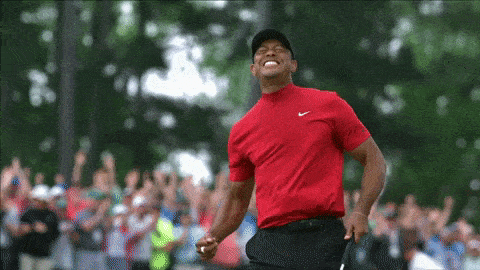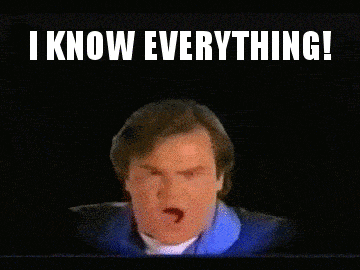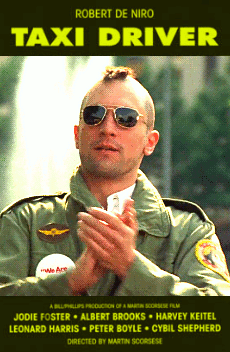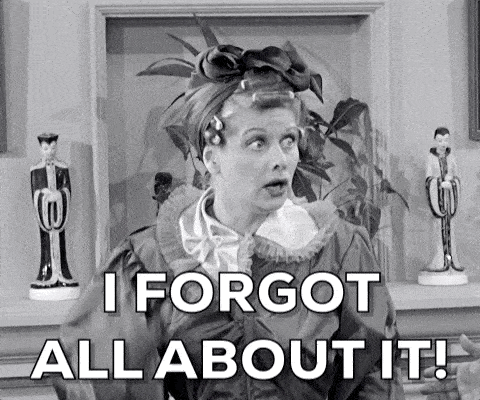The Paradox of Expertise (or why I tried to steal a taxi)
- Dr. Jared Dempsey

- Jan 16, 2020
- 6 min read
Expertise is a Great Thing
Generally we admire expertise. We give kudos to those people who have put in the time and energy to do something so well, they make it look easy. You can attend a concert with a famous guitarist like Eric Clapton or Angus Young and every note played is perfection. Or, you might watch Tiger Woods swing his 9 iron in a divine-like fashion. Clearly these famous experts have put in the 10,000 plus hours of practice that Malcolm Gladwell spoke about in his book Outliers.

Expertise is Everywhere
But expertise is not restricted to the famous and fabulously wealthy. Experts can be found in all fields. Surgeons spend years gaining the necessary dexterity and knowledge to be able to perform complicated and life saving procedures. It’s highly likely at your workplace there is an inhouse expert with an almost encyclopaedic knowledge of legislation and procedures.

You are an expert
It doesn’t always take thousands of hours to become expert in something. It simply takes as long as it takes. Consider something simple such as driving home, you get to know the dips, the bends and the blind spots. You know where other drivers are likely to come out of a junction too fast, and were you need to drive extra defensively.
"You may not be a formula one driver, but you are an expert at driving home. Similarly, you might not be a pastry chef but perhaps you make a great pavlova. And you might not be a time served mechanic but you find changing the front brake pads of you car super easy! When you do something over and over, you become an expert in that thing."
The paradox of expertise
Through doing something repeatedly the required actions become hardwired into your long-term memory. Literally, your brain structure changes with new connections so the memory of what to do is readily accessible, and the overall action becomes a skill. The paradox
is that when we know what to do, our conscious brain starts to switch off, in other words we stop thinking about it, it becomes automatic.
The more we know and have learned, the less we think about it. This is good because when actions become less effortful and more automatic we can conserve energy and get through the day quicker. If we had to stop and think about every decision we’d soon be overwhelmed and exhausted. A simple visit to the shops would take forever, imagine picking up the car keys, and having to stop and pause and ask if those were the correct keys, and then approach the car and stop to pause and remind yourself which side of the car you should approach the left side or the right side to get to the drivers seat.
That might sound like a ridiculous exercise. However, I remember being picked up by a driver to be taken somewhere. As I approached the car door, the driver raced in front of me to stop me getting into the car. He looked a little flustered and gestured for me to step back.
However, I really don’t like a fuss and I’m perfectly capable of opening a car door myself, and I get a little embarrassed when people open doors for me and such like.

The taxi driver did not speak English and I could not speak his language, so I couldn't insist verbally, that he didn’t need to open the car door. I was reaching for the handle and there he was positioned in front of me trying to open the handle himself. It was only when his flustered look, turned to anxiety and then turned to all out panic, that I suddenly realized the cause for his concern! I was in Brasil. The drivers seat is on the left, whereas in the UK you will find it on the right. I thought I was trying to get into the passenger side, but the driver thought that I was insisting on driving his car.
Now you might never have tried to steal a Brasilian taxi, but you are probably familiar with moving into a new house, or into new workplace and for the first few days, before you get your bearings, you find yourself in a corridor turning left when you should be turning right and vice versa. Within a very short time the physical layout is etched into your long-term memory and you are an expert in getting around the place without any real conscious effort.
Absentmindedness
The problem with not thinking is just that: we stop thinking. In fact, once you have mastered something, if you start thinking about what you are doing you are more likely to mess it up. If you are riding a bicycle and you start to think about pressing the left pedal while you are doing it, and then the right and so forth, your are far more likely to lose control. The cost of expertise is absentmindedness.

Highly routine well rehearsed actions can frequently result in people forgetting to do important job steps. For example someone I knew well had replaced a wheel bearing on the left side of their car, the next week it became apparent that the right side also needed replaced. The person wasn't a trained mechanic and with Christmas holidays approaching, and a lack of time he trusted the right side to his professional mechanic. On Christmas eve, while going round a round about, one of the front wheels fell off the car! Leaving the car my friend looked at the lop-sided vehicle and crumpled wheel. He instantly thought he had not fastened the wheel properly after his DIY effort. After few seconds he realised… hold on! The wheel he had fixed was just fine and in-fact it was the mechanic’s wheel that sat buckled on the tarmac. It transpired that the mechanic had simply forgotten to tighten a nut. The expert failed. My advice was to continue to use the same mechanic, as any other mechanic could have made the same error, and the mechanic would now be extra careful any time my friend took his car to the garage.
"The point is that as we learn to be better and better and make fewer errors, in our quest to become an expert, we are, in fact more likely to make absent-minded errors."
According to psychologist James Reason, over 40 per cent of all absentminded errors happen when we wander from the right set of strongly practiced actions, to a wrong set of strongly practiced behaviours because of distraction. So let’s say own we have two cars. One car takes diesel fuel and the other takes petrol. We go to the petrol station, put our debit card in the automatic card reading machine and just before we pick up the nozzle we notice a neighbour over at another pump. We wave before carrying on and filling our diesel car with petrol. And we do this, not because we are newbie novices at filling our car – quite the reverse. It’s because over the years we’ve become expert. The same way we inadvertently put our work email password into the box that asks for our password when logging into facebook. When process and machinery are similar it’s easy for even experts, and at times especially for experts, to get it wrong.
There are lots of other ways things can go wrong through absentmindedness. For example repeating steps, leaving steps out or doing them too early or too late. We can also absent-mindedly make the wrong selection, such as thoughtlessly pressing button A instead of button B.
Reducing absentminded errors can be tricky
But here are a few key steps you can take
Steps to Take
1. Don’t assume that new people who are highly experienced are good to go. They will need training, support and an initial period of supervision, because the new workspace and machinery will have minor but significant differences, that can catch them out, as their long-term memory will try and operate the new machinery just like the old machinery and controls.
2. Create an environment where experts are not expected to be perfect. This can lead to near misses and errors being swept under the carpet. When this happens we can't learn how to identify the conditions that cause recurring errors that are being hidden. If you don’t know where the problems are, you can’t fix them.
3. When upgrading or changing machinery to another similar machine, be aware that new habits will take a while to enter into long-term memory, and just showing a person the new machinery and its functions does not make them competent.
4. Buddying isn't just for newbies. For crucial activities where there is a high degree of risk to people or plant, consider having two people work together as a checking system. Don’t assume because one person is expert they will be 100% reliable 100% of the time.
Dr. Jared Dempsey is Director of Kognivate





Comments